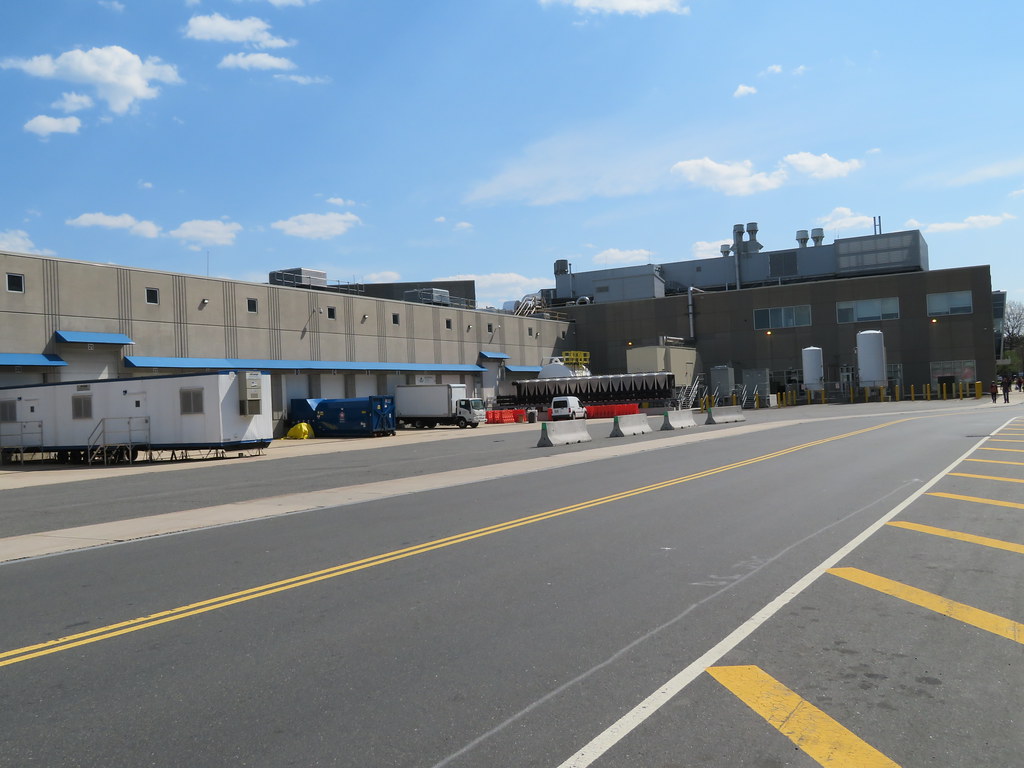F-Line to Dudley
Senior Member
- Joined
- Nov 2, 2010
- Messages
- 9,551
- Reaction score
- 10,418
My mistake on the control of the undeveloped land that is controlled by Massport in the Industrial park. That said, the BPDA's own report identifies the declining viability of marine related industrial uses. That Massport would commission studies that suggest long term prospects for port related activity in the area is hardly surprising. I wouldn't put much stock in a report commission by an entity whose very mission is port activity...they and their consultants are incentivized to justify their existence. Either way, the proof is in the pudding...Kohler, Au Bon Pain, Reebok, Lab space, breweries, hvac fabrication...all these could be located anywhere. They could be located in an industrial park in Canton rather than on some of the most valuable real estate on the east coast. At the end of the day, there are higher and better uses for the land. I'll leave it at that.
They have studied it! What do you think these long-range plans of theirs that we've been begging you to please look at this last page even are?!?!
Holy moly...is this performance art?!?!



 IMG_5229
IMG_5229 IMG_5230
IMG_5230 IMG_5232
IMG_5232